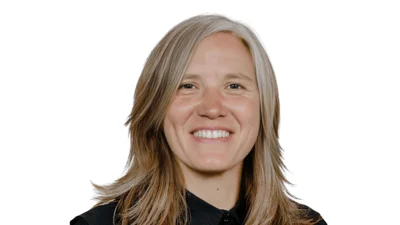The Senate Appropriations II Committee heard testimony last week on the Fiscal Year 2020 budget for Illinois State Board of Education (ISBE).
The committee had previously heard a budget for the board and asked for a new one after Dr. Carmen Ayala took over as superintendent. Ayala said the need for funding is critical to allow the board to keep class sizes small, improve technology and hire staff.
"The board’s budget recommendation exceeds the minimum funding level by $25 million," she said. "We're looking at $375 million. The board's request also includes an additional $100 million for early childhood education. This will allow the agency to ensure existing grantees that they are funded and that they receive additional funds to increase the program's quality."

Sen. Dan McConchie (R-Lake Zurich)
Sen. Dan McConchie (R-Lake Zurich) appeared more receptive to Ayala's proposal than the previous budget, but questioned why district intervention funds that were cut by the governor had been restored by ISBE.
"I appreciate you bringing a budget back that is reasonable in contrast to what was brought before by the last board," McConchie said. "Essentially you’ve restored [district intervention funds]. Was there an expectation that necessary expenses would be reduced or that these districts were coming upon a level? What was the thought in lowering that estimate and then returning it back up?"
ISBE CFO Robert Wolfe responded that the two school districts involved, North Chicago Community School District 187 and East St. Louis School District 189, are at 65 percent or lower adequacy and their debt payments would have caused removal from funding for education to pay those debts.
"This additional request will ensure those school districts will continue on their path to better those schools," Wolfe said.
Darren Reisberg, the chairman of ISBE, said the two school districts would be under state control for some time, but there wasn't a specific timeframe.
"We're interested in trying to figure out the exit strategy and how to wean those districts off intervention funds," Reisberg said. "That's something we’re going to look at the agency to phase out in a responsible way so that student achievement will continue to stay at the levels we've seen."
McConchie requested that ISBE share with the panel its plan for weaning the districts off the intervention funds when they reach one.






 Alerts Sign-up
Alerts Sign-up